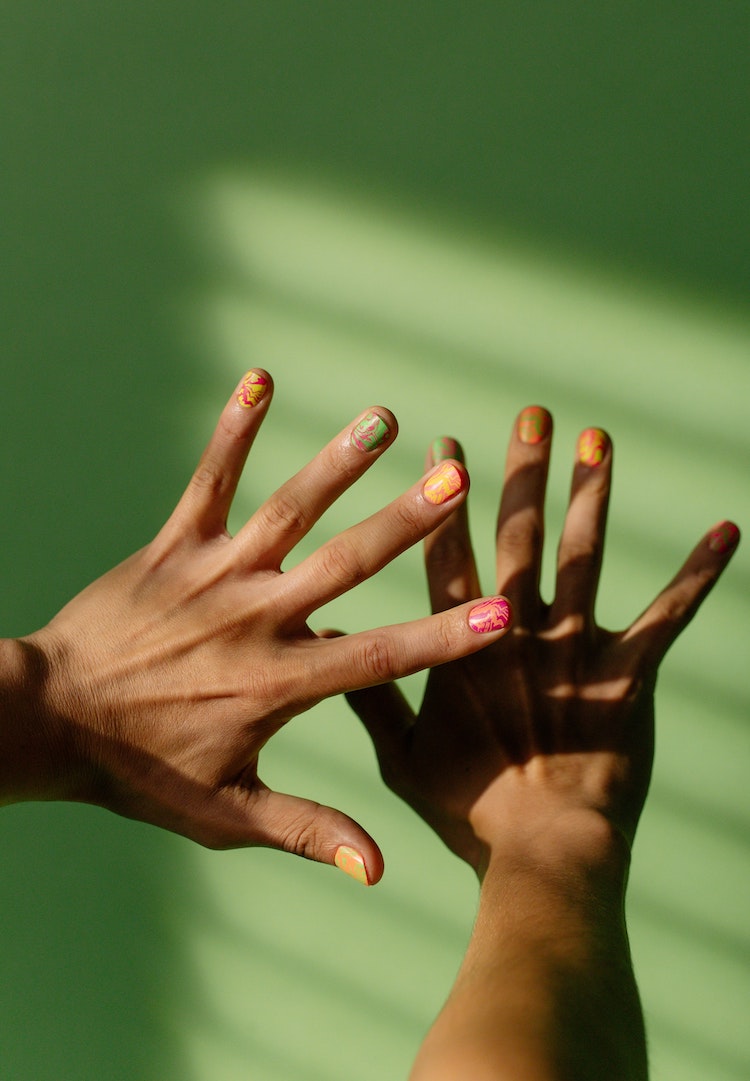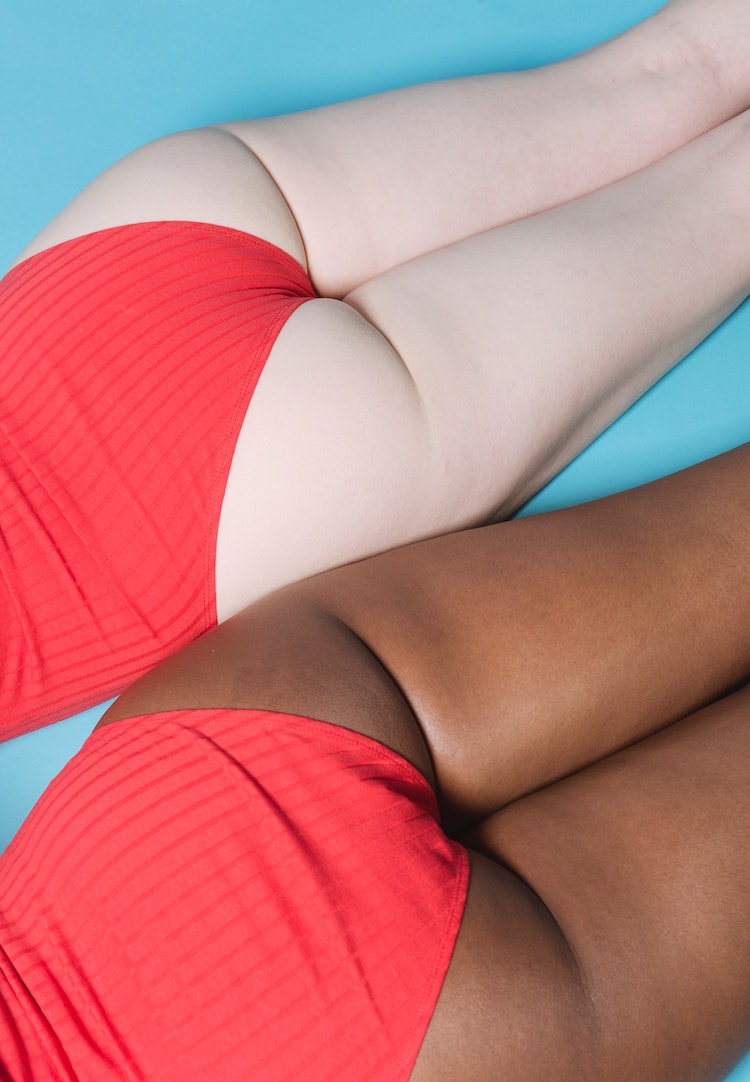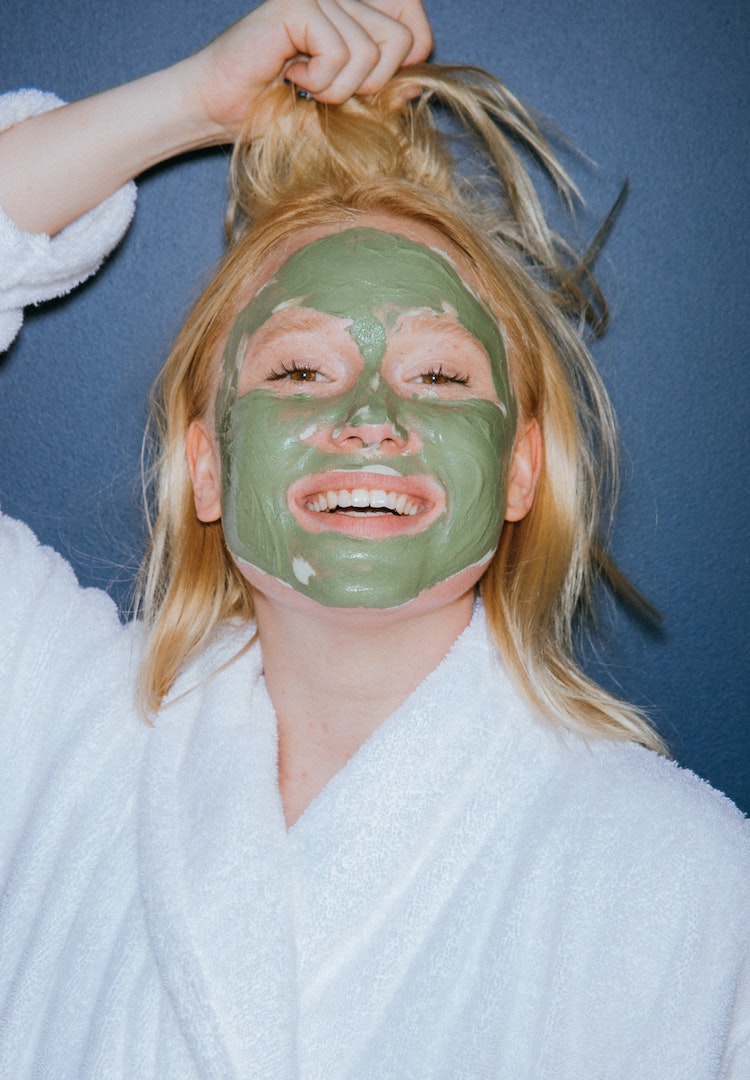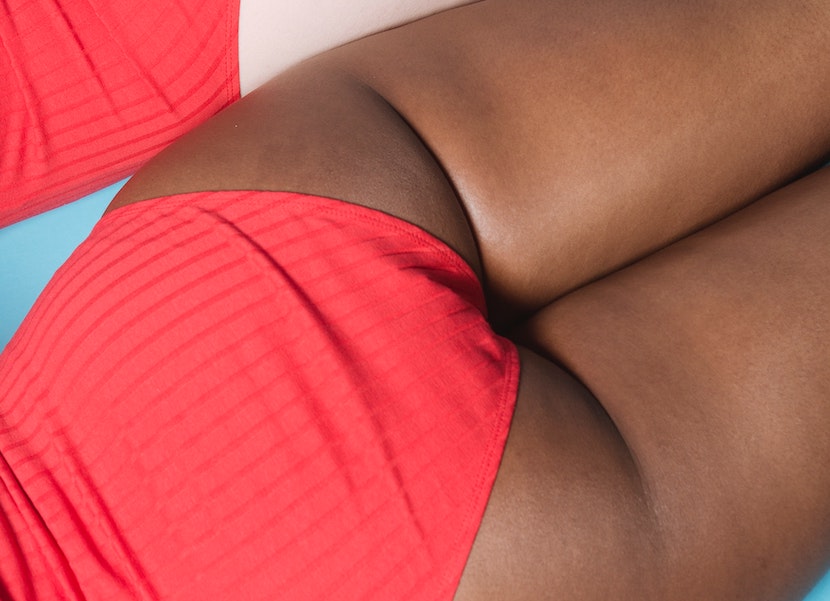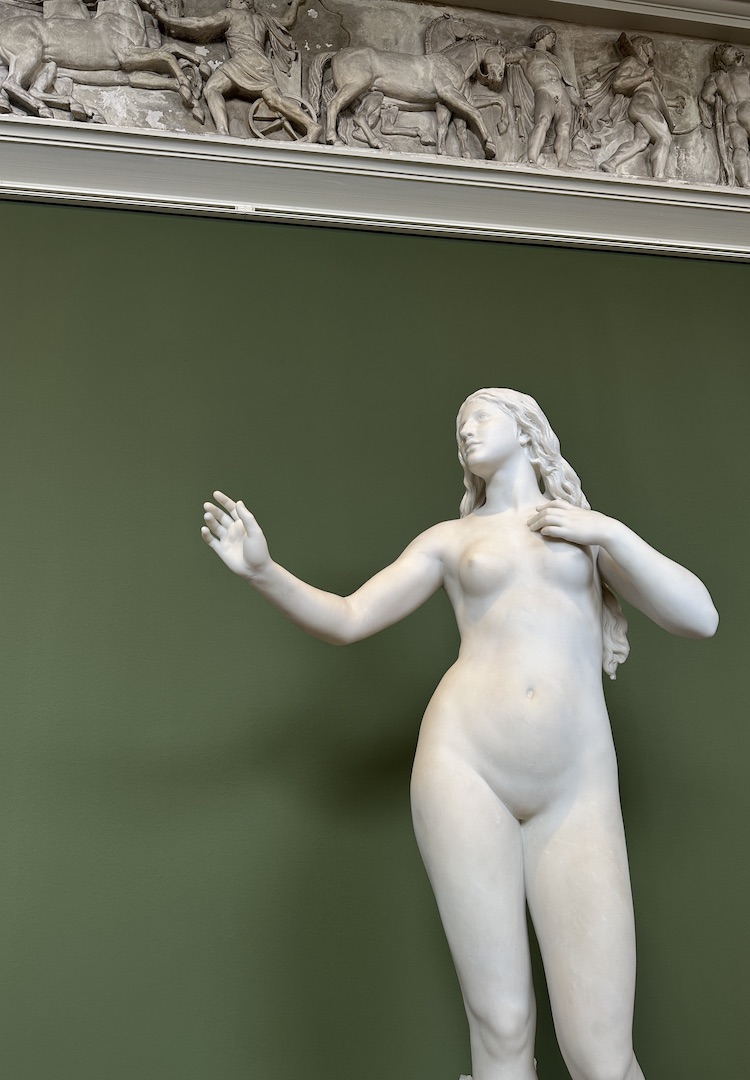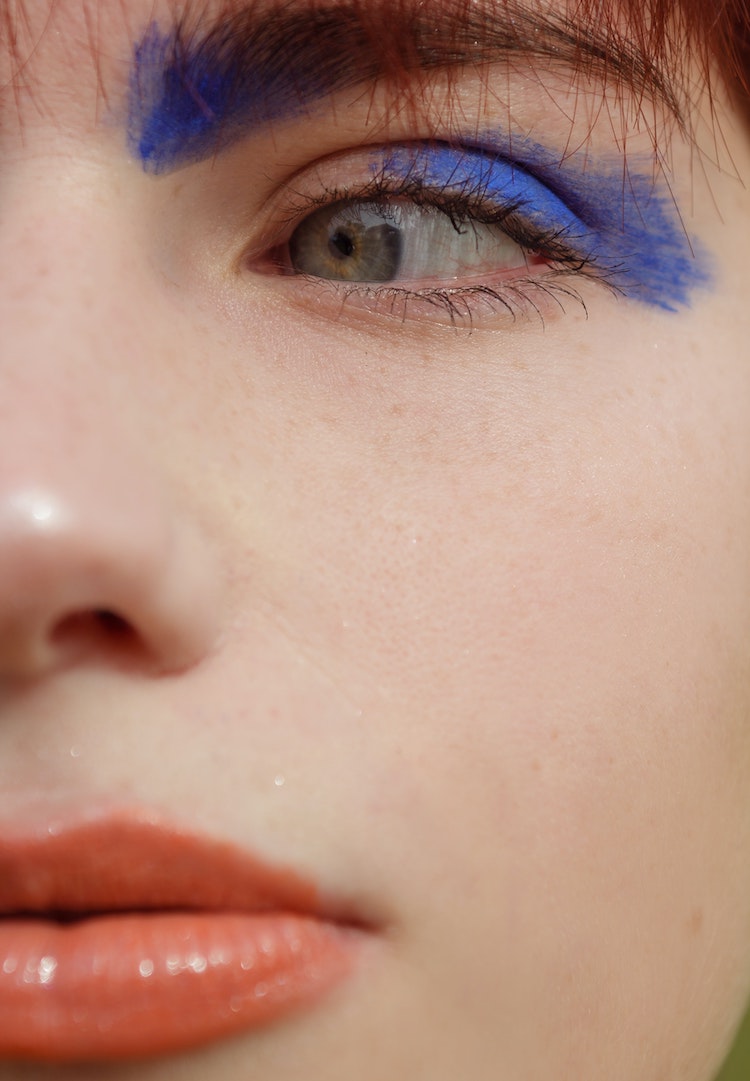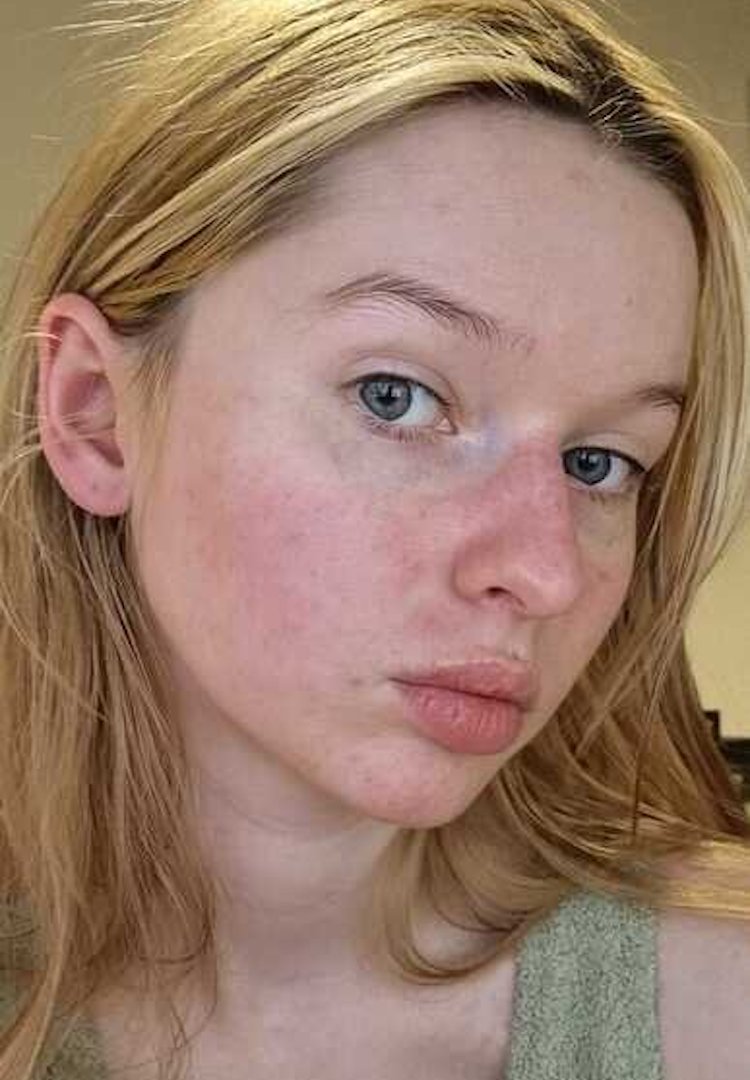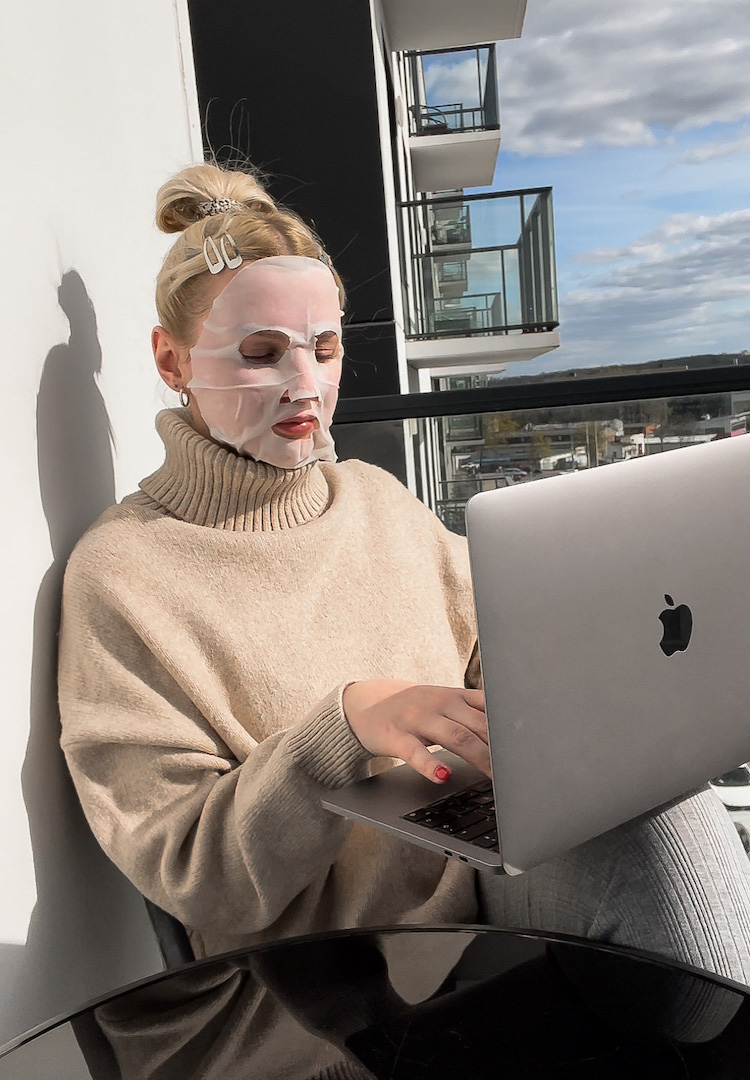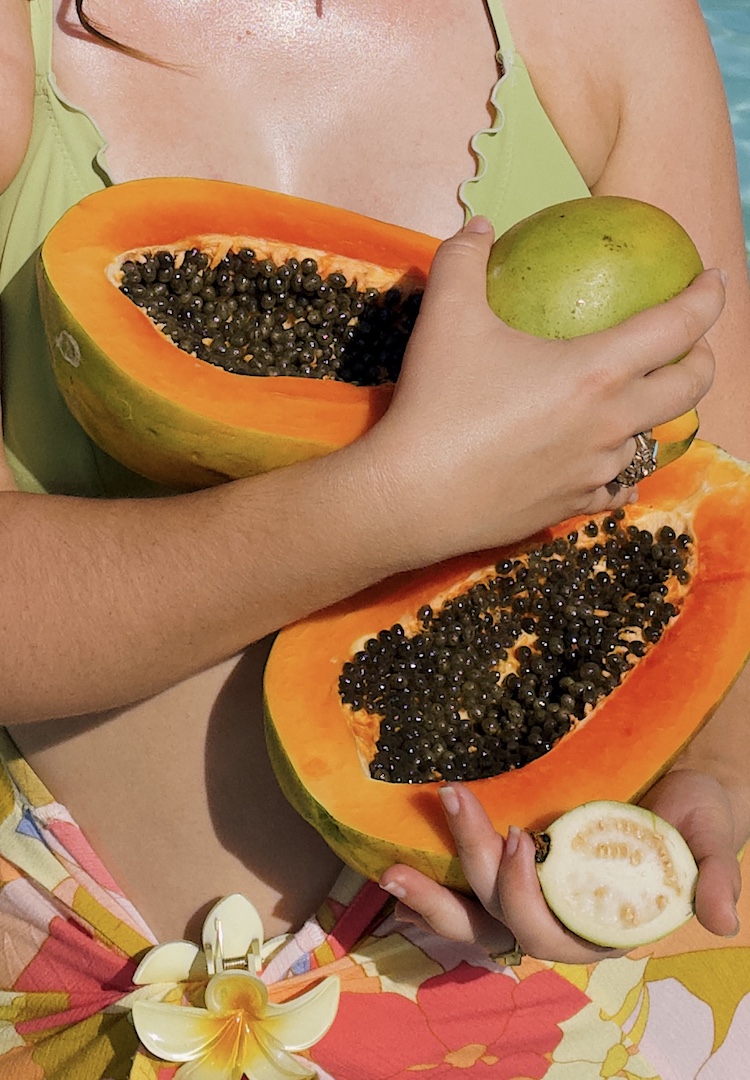What’s the deal with butt pimples?
WORDS BY HANNAH COLE
Experts weigh in on what to do about the dreaded ‘buttne’.
The skincare hashtag has over 95.2 billion views on TikTok, covering everything from daily routines to spa days, masking and pet pampering. Considering that skin is our largest organ, isn’t it odd that the better part of this content is strictly face-related?
For more hair and beauty features, check out our Beauty section.
After a particularly heinous and lingering butt pimple (buttne?) experience, I set out to learn more about these somewhat embarrassing, rarely mentioned spots. It’s time to bring attention, love and care to this oft-forgotten patch of skin.
So, what are butt pimples?
I called in the experts to help rid me of my woes. Dr Ritu Gupta, a specialist dermatologist at Platinum Dermatology, tells me that butt pimples, for the most part, are not actually pimples. They are more commonly folliculitis, which is essentially inflammation around the hair follicle.
So what causes them? We are likely our own worst enemies when it comes to butt pimples, as they’re typically yeast or bacteria-related. Dr Gupta notes some of the main causes as putting oil on the skin as “it’s just occlusive, so it’s clogging” and using exfoliants which is “another useless process as your skin exfoliates naturally every 28 days”.
If you use a loofah, beware of micro-breaks on the skin caused by rubbing. The loofah itself becomes full of bacteria naturally found on the skin, which then enter via the tears.
I’d argue that working from home has contributed to the problem, considering all that sitting and athleisure wear. Danielle and Chantal of Perth’s Skin Fairy clinic note poor hygiene practices and wearing constricting, tight fabrics are sure-fire ways to trigger these bodily eruptions.
“We also can never rule out our hormones playing a part in our skin’s temperamental body/butt breakouts!” they tell me. But(t) remember: “Butt pimples”are common, and no one should ever feel ashamed about them!”. Words of encouragement from the Skin Fairy team.
How can we prevent them?
As outlined by Dr Gupta, the first step is to look at what you are putting on your body – or the way you are cleaning it – to avoid those pimple-loving behaviours. In her work, “The main thing is really just educating the patient in terms of how to prevent [them] because often they’re doing things that they don’t realise are actually causing [the problem].”
As with the loofah, our hair removal methods may need to alter. If you use a razor, “The normal flora, the bacteria and yeast etc, just multiply on the razor in between usage,” particularly if it’s not being cleaned or changed frequently.
Dr Michelle Wong (aka Lab Muffin), a cosmetic scientist and content creator, recommends analysing all your washcloths and sponges: “Make sure you let them dry out thoroughly between uses and don’t keep them for too long. Throw them out immediately if you spot any mould.
“The tendency to hang around in exercise gear all day is not very good for your skin,” Dr Gupta says (case in point: one of the downfalls of working from home). Dr Wong explains that “synthetic fabrics tend to repel water and can trap moisture close to your skin”.
For good skin health, we need to reduce moisture and friction in the area, so consider switching to cotton-based products instead. “Take a close look at your underwear and gym clothes, as well as your summer wardrobe,” she suggests. (On a related note, you may want to read up on activewear’s impact on vaginal health while you’re at it).
“Wash your bum immediately after sweating,” continues Dr Wong. “So consider taking a shower at the gym before going home and washing the area thoroughly with soap or body wash to remove microbes.” It’s an important piece of advice echoed by Danielle and Chantal, who also suggest avoiding inflammatory and processed foods – the internal influences the external.
Please send help! How do I get rid of my buttne?
“Unfortunately, I would say that 50 per cent of many of my consultations, particularly acne, is just dispelling myths,” Dr Gupta says. She strongly warns against wasting time and money “on things that have completely no science behind them whatsoever”.
For those looking to reduce serious acne or pimples in any bodily region, don’t spend thousands of dollars on products that don’t work. “The first port of call is off to your local doctor,” says Dr Gupta.
“In Australia, if something has a high range of active ingredients, and is going to have a measurable biological effect and work, then you have to get it from the doctor. We carry it because it works, and usually, the price point is a lot less than what people are spending at beauticians or in department stores.”
If you are looking for a reputable dermatologist to help with your concerns, Dr Gupta shares a useful piece of advice: always look for ‘FACD’ after the name (Fellow of the Australasian College of Dermatology).
As for an at-home solution for the pesky butt pimple, Dr Wong suggests using a special antibacterial product like a benzoyl peroxide wash. “Chemical exfoliants like salicylic acid and lactic acid can help reduce any post-inflammatory hyperpigmentation left over after it heals.”
Sometimes it comes down to a little nurturing as well. Take this as permission to switch off in the name of your skin health. “Stress less, take care of you, light a candle, run a bath, meditate… whatever you like to do for you!” says the Skin Fairy duo.
For a comprehensive guide on dealing with all types of body acne, head here.

